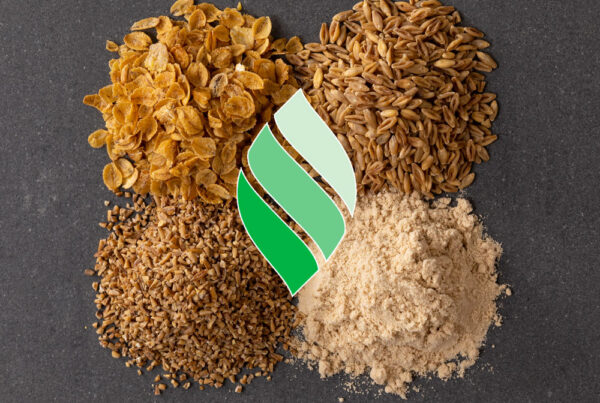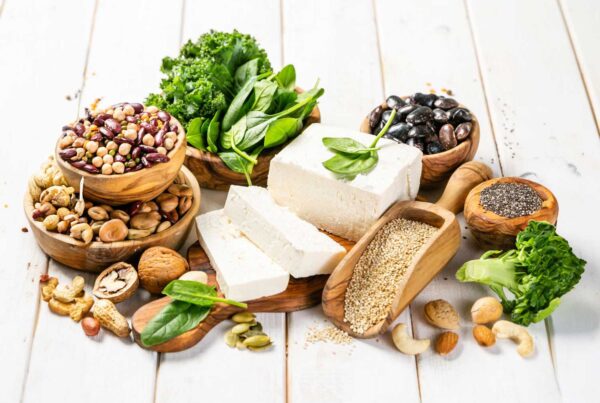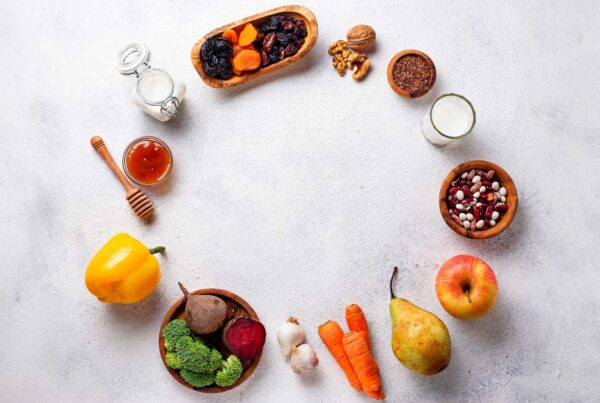With the skin being the largest organ of the body, and the gut now being recognised as the ‘second brain’ – can our skin reflect the health of our gut? In a word – yes!
Happy inside, happy outside
There are plenty of skin complaints that can be linked to the health of your gut. Common skin concerns such as acne, rosacea and eczema, and even signs of ageing, can stem from the health of your gut and the effective functioning of your digestive system. On the other hand, a complexion that is clear, even and largely problem free can be a good indicator that all is well on the inside. The gut microbiome – and the unique combination of bacteria found within each of us – can play a significant role in the health of your skin.
Connecting the dots
There are approximately 14 trillion bacteria within each person’s gut microbiome. Each person will tend to have a slightly different microbiome which is influenced by many factors such as age, geography, exercise, diet etc. That’s a lot of different bacteria!
However, these bacteria can largely be broken up into two camps; those found in increased numbers in individuals with particular diseases, such as obesity and those found in decreased numbers in such conditions.
A 2017 review reported that in subjects with psoriasis the ratio of Firmicutes and Bacteroides was different compared to those without psoriasis. Similarly, in patients with atopic dermatitis there are changes in the relative levels of certain gut bacteria.
It is suggested that the gut microbiome may influence skin health via the immune system given that approximately 70% of the body’s immune cells are found in the gut wall and surrounding tissues. There is growing scientific interest in using the gut microbiome to improve skin health.
Consuming probiotics, the ‘good bacteria’ have been shown to have beneficial effects in treating a number of these skin conditions, such as acne.
A 2017 study from Korea reported that eating a certain prebiotic reduced the total ‘wrinkle area’ in the skin of the outer corner of the eyes.
Thus, enjoying a diet rich in prebiotic foods such as wholegrains, garlic, onions, leeks, green bananas and fermented foods as well as helping to keep your gut healthy may also contribute to a healthier skin.
Eating for your best complexion
So, what should you eat to support a happy gut – and therefore – happy skin?
- Eat the rainbow: getting in your daily serve of 5 and 2 is critical to good overall, and skin health. By eating a wide range of fruits and vegetables, you’ll ensure you are consuming the vitamins, minerals and nutrients you need to keep yourself looking, and feeling, tip top.
- Vitamin C: not only great for supporting the immune system, vitamin C is also important for the production of collagen, which keeps the skin looking plump, youthful and wrinkle free (very important!). Think oranges, strawberries and blueberries for your daily dose.
- Healthy fats: omegas 3 & 6, plus monounsaturated and polyunsaturated fats may help to protect the body against free radical damage (from the environment, pollution and the sun exposure). Regular consumption of oily fish, and nuts and avocados should have you covered.
- H20: so simple, but so effective. Drinking enough water can ensure your digestive system is working properly and importantly, that toxins are flushed from the system. A build-up of toxins can lead to the skin feeling dry and dull. When it comes to water, bottoms up!
The skin is a great indicator of your body’s overall functioning. Keep track of the general health of your skin and you’ll be on your way to a greater understanding of your overall health.
Intended as general advice only. Please consult your healthcare provider to discuss any specific concerns.
Intended as general advice only. Consult your health care professional to discuss any specific concerns.




